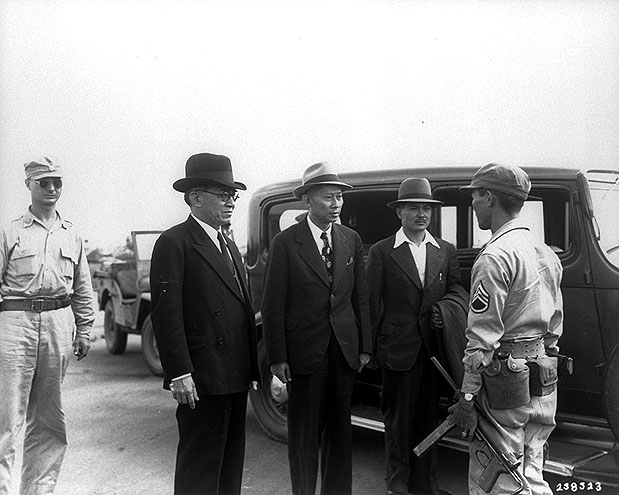Philippine Officials' Trust Ratings Rise: Insights from June 2025 SWS Survey

In June 2025, public trust in the top four Philippine officials, including President Ferdinand Marcos Jr., showed a notable increase, according to a recent survey conducted by the Social Weather Stations (SWS) and commissioned by Stratbase. This survey highlights a significant shift in public perception towards the government leaders, reflecting broader socio-political dynamics within the country.
The SWS survey, which was released on June 15, 2025, reported that President Marcos Jr.'s trust rating rose to 68%, a five-point increase from the previous quarter. Vice President Sara Duterte followed closely with a trust rating of 62%, an increase of four points. Senate President Juan Miguel Zubiri and House Speaker Martin Romualdez also experienced gains, with trust ratings of 59% and 56%, respectively. This improvement is particularly noteworthy given the challenges faced by the administration, including economic recovery efforts and ongoing debates regarding governance.
Dr. Maria Elena Santos, a political scientist at the University of the Philippines, suggests that these rising trust ratings may be attributed to recent government initiatives aimed at economic recovery post-pandemic. "The government's proactive measures in addressing inflation and unemployment have resonated with the public, positively impacting their perception of these officials," Dr. Santos noted in her analysis published in the Philippine Journal of Political Science in May 2025.
Additionally, the survey revealed that public trust tends to fluctuate based on current events and the administration's handling of crises. According to the SWS, 79% of respondents believe that government transparency has improved, which might be a contributing factor in the rising trust ratings. This sentiment is echoed by industry analyst Ramon Garcia, who stated, "The administration's efforts to communicate effectively during challenging times have fostered a greater sense of trust among the populace."
However, not all analysts view these results as wholly positive. Dr. Jose Lim, an economist at Ateneo de Manila University, cautions that while these trust ratings are encouraging, they must be contextualized within the ongoing economic challenges faced by many Filipinos. "High trust ratings do not necessarily translate into improved living conditions for the average citizen, especially in light of rising prices and stagnant wages," he explained in a recent interview with the Manila Bulletin.
The implications of these trust ratings extend beyond mere numbers; they play a critical role in shaping the political landscape as the Philippines approaches the 2025 midterm elections. Political strategist Carla Mendoza emphasizes the importance of maintaining this momentum: "For the Marcos administration, sustaining and building on this trust is crucial for their electoral prospects. Success in governance will be key to their legacy."
As the situation develops, the relationship between public trust and government performance will continue to be a focal point for both analysts and the general populace. The ongoing monitoring of these trends will provide insight into future governance strategies and electoral outcomes in the Philippines. Overall, the June 2025 SWS survey signifies a potential turning point in the public's relationship with its leaders, underscoring the critical interplay between trust, governance, and public sentiment in the archipelago's dynamic political environment.
Advertisement
Tags
Advertisement





